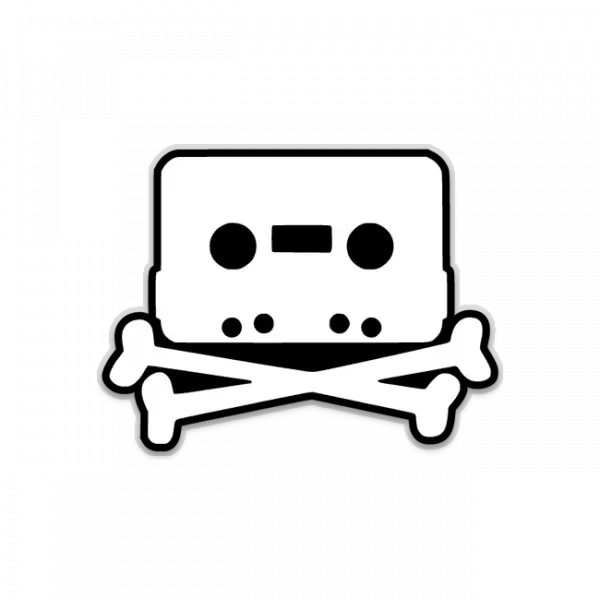I’m a pretty heavy torrent user, running a media server complete with sonarr/radarr for automatic downloads. I download a lot, and have multiple TBs of upload on various private trackers. I’ve been torrenting forever, but I’ve always wondered about usenet. Over and over on this, and other, forums I see people saying that usenet is way better - but why?
I understand what it is overall, but what makes it better than traditional torrenting? In my mind, it’s always just seemed like a different means to the same end. I pay for a VPN and torrent for “free”, or I pay for usenet access and download directly from there. As someone who’s “snobby” around the quality of the stuff I torrent, does usenet provide an advantage there?
Usenet fans, I’d love to hear what makes you love it! I’m always open to trying new things, and if It really is better I’d love to know why! (Plus, maybe what providers/tools etc you recommend).


OK, let me mention some important caveats, just so you can keep them in mind:
You can think of usenet like the internet. You have data on servers all around the world, you have sites such as Google which index these sites and content, and you have your ISP which gives you access to the internet.
Likewise, on usenet you have the data scrambled on servers all around the world, on different backbones of the usenet. These backbones are accessed through service providers for the backbones (sometimes they’re resellers, sometimes it’s the backbone selling access). These service providers operate just like an ISP, selling you monthly or yearly access to the usenet backbone of your choosing.
Then there’s the Googles of usenet, Indexers. There’s a ton, they vary a bit from one another, but essentially they find all there is to find on usenet, presenting the files to you as a whole. You want a specific… Ahem… Linux iso? An indexer will know where all the pieces are and it will tell you with an NZB file, kind of like how torrent files tell you where to look. Indexers can be a monthly subscription, but some of them offer lifetime subscriptions as well, and they don’t break the bank.
The last bit you’ll need is your download client, to do what you do for torrents. These are free tools, sabnzbd and nzbget. Either one works.
So, I did mention there’s multiple backbones of usenet. Indexers don’t lock themselves to specific backbones, and no indexer covers everything there is on usenet, which means that to get the most out of usenet, you’d ideally have multiple indexers and multiple providers (making sure you don’t get providers from the same backbone as they’d essentially have the same data). Multiple indexers give higher chances of finding something on a search, while multiple backbones increase your chances of finding all the pieces needed to complete a file. This is not absolutely necessary, but dare I say you’ll notice the difference as soon as you bump things up to 2 of each.
So, essentially, usenet is by far the best method for completing your media library (leaving torrents as a desperate backup route), but it can become expensive.
Thanks a bunch for the explanation! One followup question though: how do I find a decent indexer that’s working well with the arr world? I briefly looked into it and frankly was overwhelmed by the amount out there - and some of those pages straight out look fishy…
Thanks in advance! ♥
Boy are you in luck! A quite decent indexer that is normally invite only just opened registrations for what I assume is a very limited time: DrunkenSlug. They have a free tier which is limited to 25 API hits and 5 downloads per day. For €15/year, that gets bumped up to 1000 API hits and 100 downloads per day.
Another popular one that doesn’t require an invite: NZBgeek. They don’t have a free tier. I don’t think they have any hard limits on API hits and downloads. Pricing is $6/6mo, $12/yr, $40/5yr and $80/lifetime.
I grabbed my first nzb from drunkenslug, but Google results for an nzb client seem to be SEO-spammed and full of clients that are their own indexing platforms. Is nzbget good? It’s the only one I could find that doesn’t look like it’s trying to sell me something.
NZBGet is good and I used it for a long time, but it’s no longer receiving any updates. I might recommend SABnzbd instead since it’s still actively being updated.
Thanks!
But now I’ll have to decide if I wait for black Friday for a test run with a provider or if I’m greedy :D
Since Black Friday isn’t too far away, it’s probably worth waiting. Just make sure to snag a DrunkenSlug account while it’s open.
Ok this sounds pretty compelling, but if it’s so great how have the powers that be not come down on it yet?
They do! All of these backbone comply with takedown requests. Some comply with DMCA requests only, some comply with NTD requests only, and some comply with both. It’s actually another thing you could consider when selecting your providers, you check their takedown policies. By mixing and matching, you increase your chances of finding every part of your file.
So, the thing saving usenet in particular, is that the pieces of the file get scattered through the usenet, and you require indexers to find the whole thing. This makes it difficult for takedown requests to actually take down the whole file. Sometimes the best they can do is remove a few parts, and you can repair your file with what’s left. Sometimes they do win, but it happens infrequently enough that you should be able to complete most of your media library without issue.